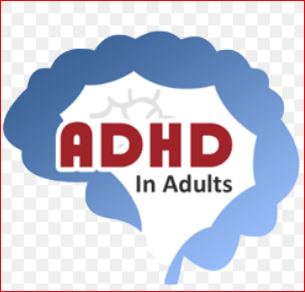How Generative AI Can Help with ADHD
For the millions of people living with ADHD, generative AI represents a significant technological advancement that can be customized to tackle specific executive function challenges. As these technologies become more refined and accessible, they provide unparalleled support for managing ADHD, going beyond traditional interventions.









